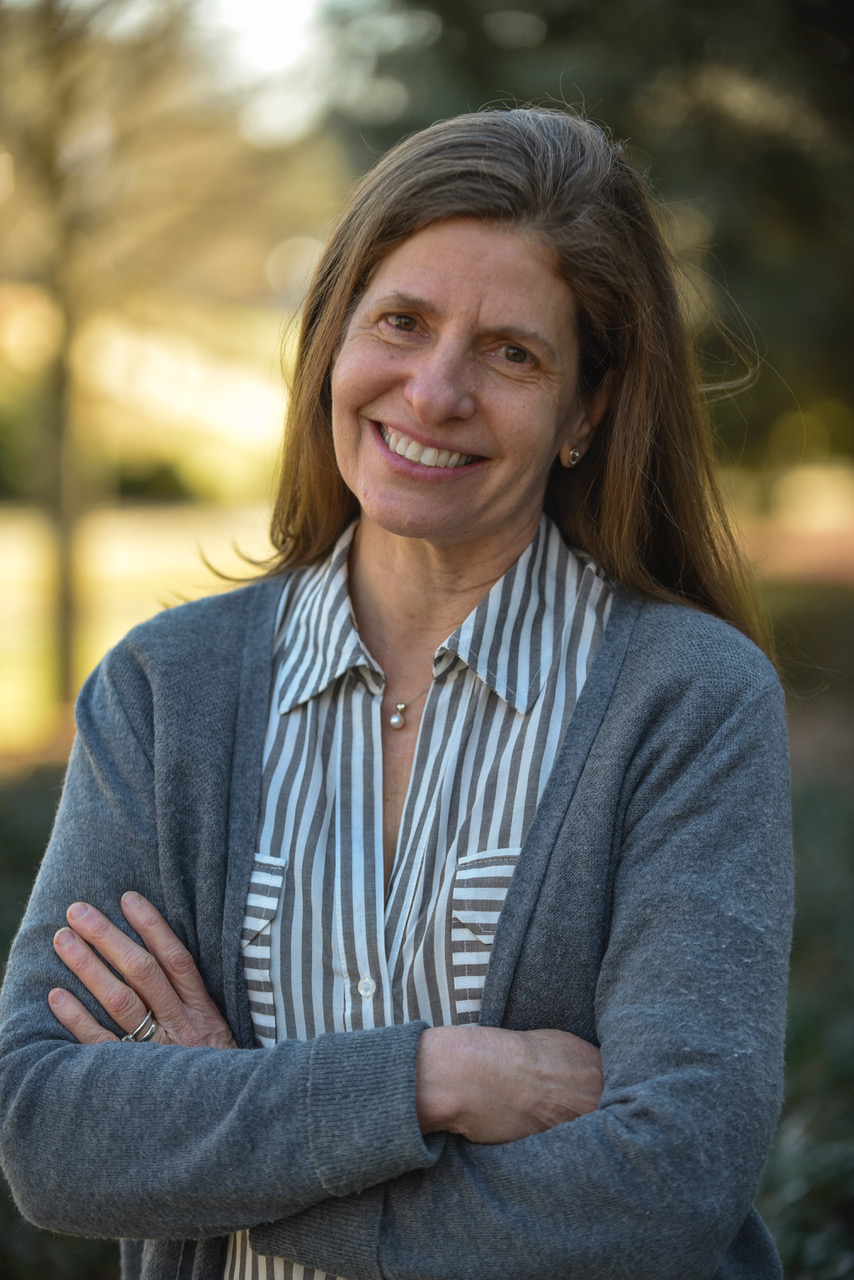Colleges spend a ton of time and money trying to turn freshmen into sophomores.
The results are mixed.
At freshman orientations, students are sometimes told to look at the person to their left and the person to their right. "One of the three of you won't be here next year," the saying goes.
And indeed, freshman attrition nationwide has held stubbornly at about one-third through the years, according to U.S. News and World Report, a leader in the collection of college metrics.
The 2020 fall term, happening as it is under the coronavirus cloud, may provide the ultimate stress test for first-year college students.
Earlier this month, the University of Tennessee at Chattanooga announced it would resume many face-to-face classes when the fall term starts Aug. 17, and other area colleges and universities are expected to resume on-campus classes, too.
For a more personal look at college retention - and what to expect this fall - we reached out to a just-retired administrator at Berry College, in nearby Rome, Georgia, who coincidentally has an 18-year-old son bound for college this fall.
Katherine Powell, who retired this year, was recently named one of 10 recipients nationwide of the 2020 Outstanding First-Year Student Advocate award. Her career as a lecturer and director of the First-Year Experience office at Berry spanned 30 years.
Powell said colleges got serious about student retention about a generation ago, and most have embraced the fact that it's easier to retain existing students than to recruit new ones.
Getting them off to a good start academically and socially is key, she said.
"Those first days, weeks and months on campus set the tone," Powell said in an interview last week. "It's worth time, personnel and money to set students up for success."
Even before the coronavirus began to complicate the on-campus experience late last winter, college freshmen often have faced a moment of truth - a point when they question their college choice. Powell said it's good to prepare students for that inevitable low point, when they might think about throwing in the towel.
"Everybody is going to hit a bump in the road somewhere," she said. "When that happens, [parents should advise students to] sit with it for awhile. Don't jump to the conclusion that you have to change schools."
Powell said students often go through a re-commitment phase during these periods of reflection that ultimately strengthen their ties to their school.
Some colleges have gotten better at student retention. For example, Berry retains about 84 percent of its freshmen, up from about 67 percent in the late 1990s, Powell said.
Most colleges have set up a system of guardrails for freshmen. Some have special classes designed to teach life skills and good study habits.
Still, some fall through the cracks, and it's often those who don't know how to ask for help.
Powell observed, "One thing I learned really late, students who need more individual attention are the least likely to seek it out." The antidote is intentional programs, she said, that make sure every student gets a measure of help, whether they ask for it or not.
At the end of the day, Powell said, most college students will find their way, even during a pandemic that may rob them of some peer time - time spent talking to friends while strolling between classes or studying at Waffle House.
"In 30 years working with college students I have a really great faith in them," Powell said. "Students are smart and creative and resilient."
To suggest a human interest story, contact Mark Kennedy at mkennedy@timesfreepress.com.

